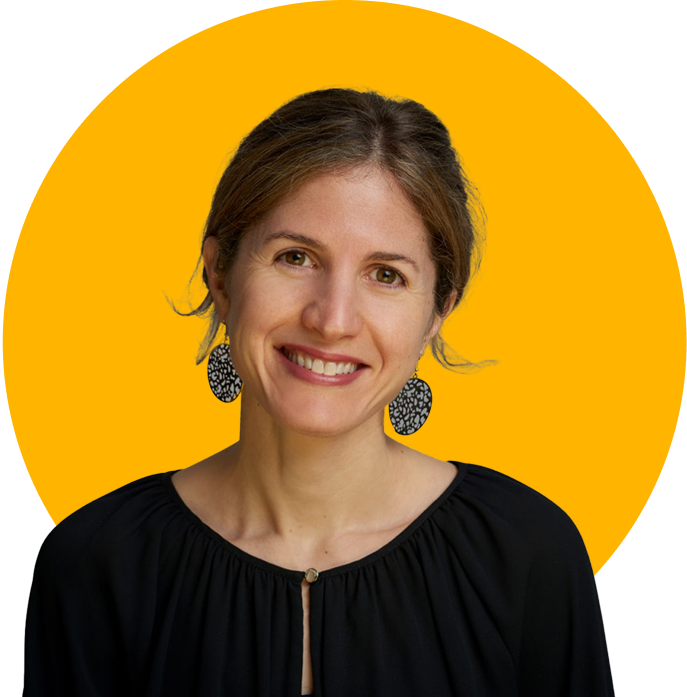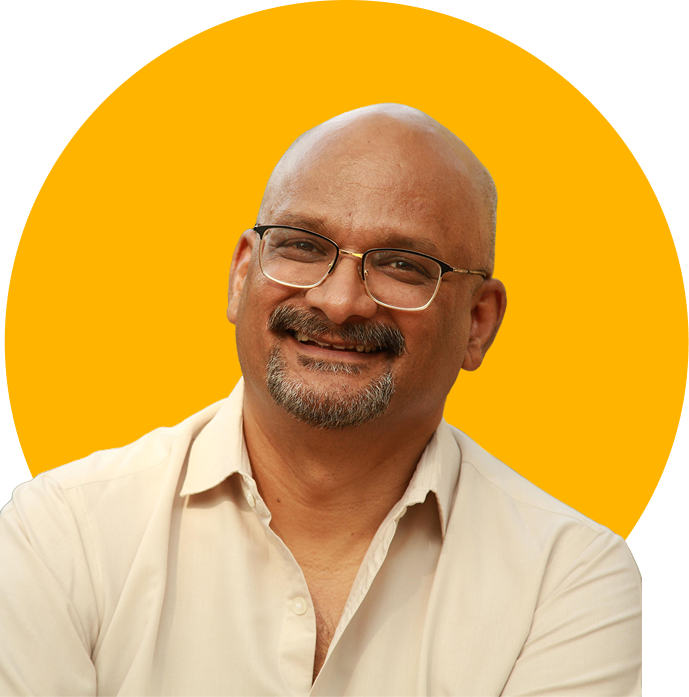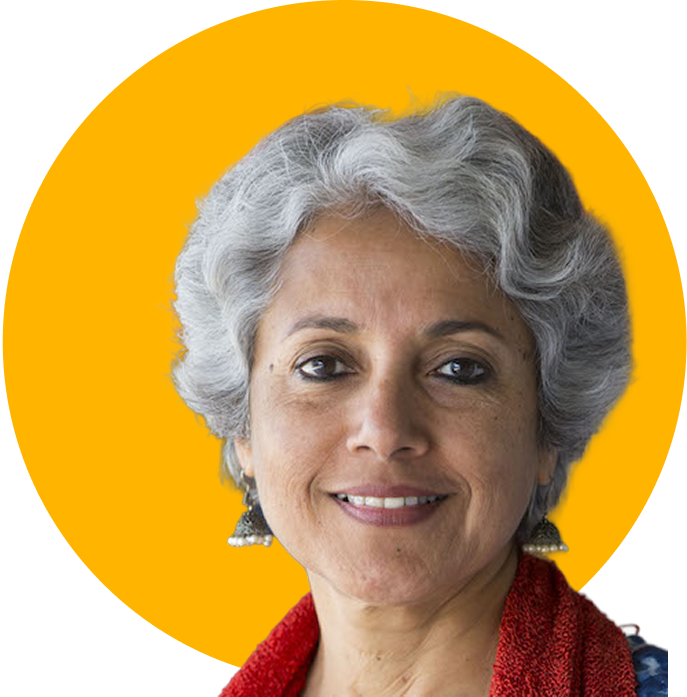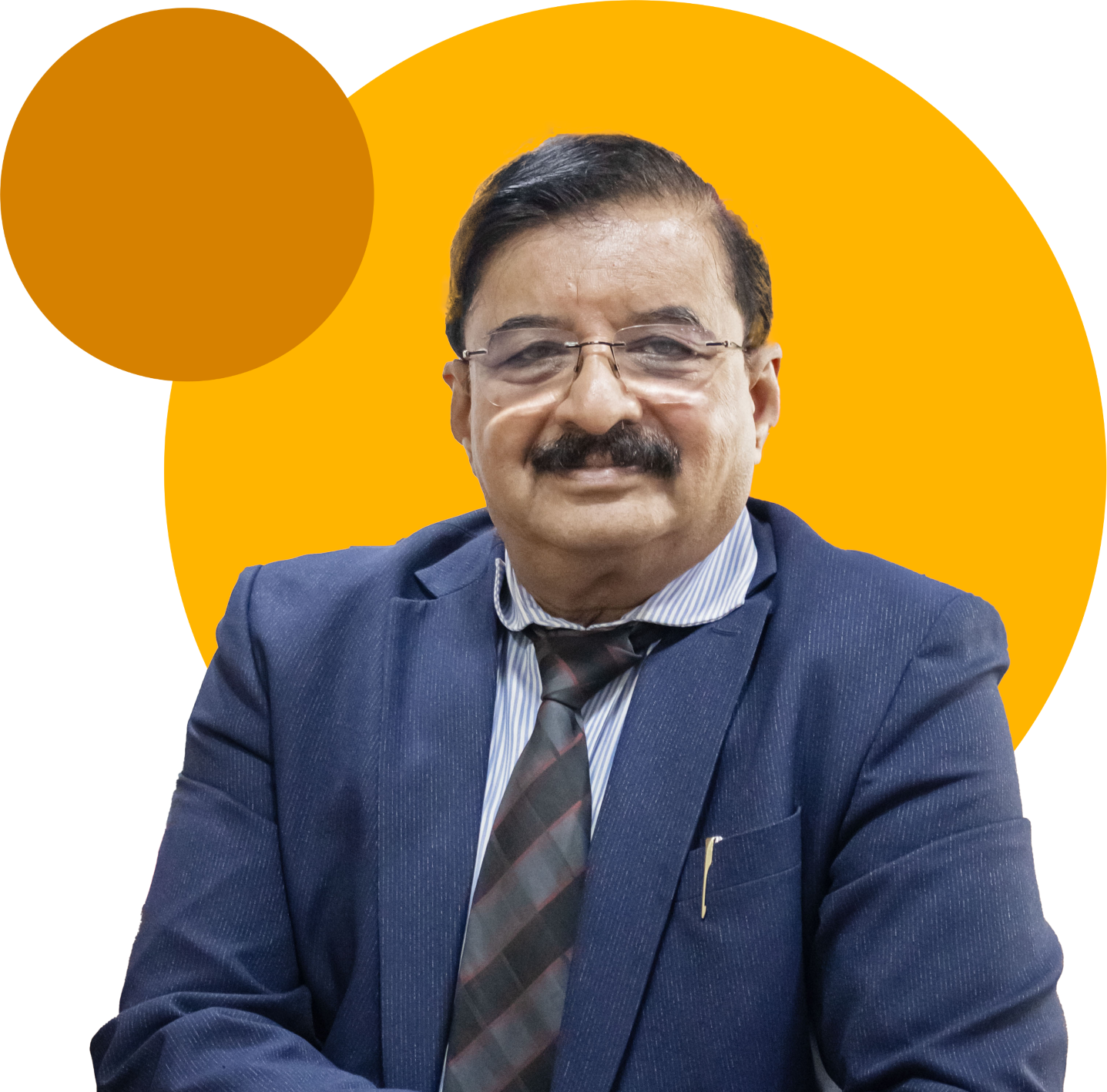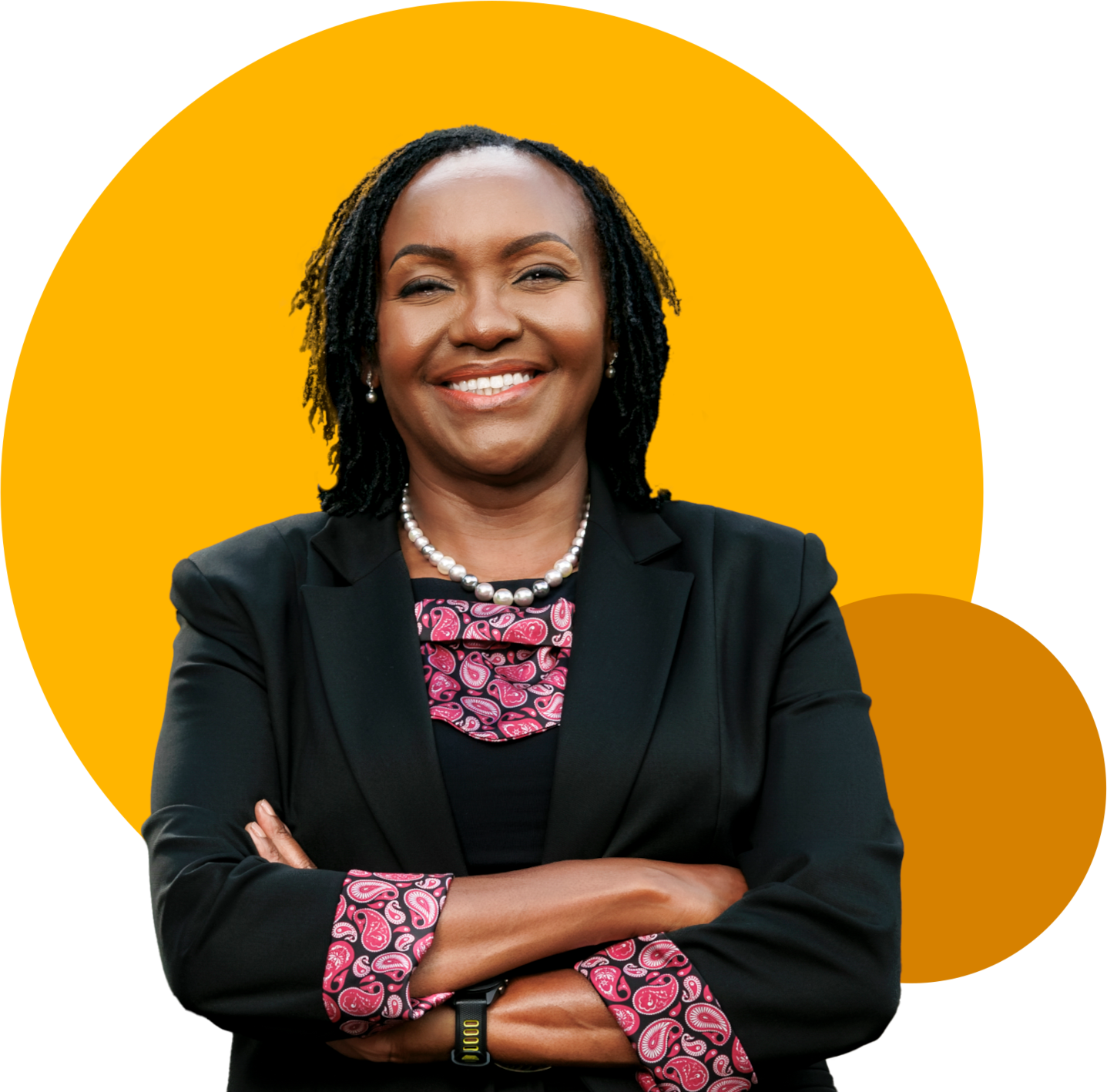An ECHO of Hope
Hear Her Story:
Judy Wanyoike (Nairobi), a patient who lost hope in the face of steep financial, logistical & social challenges to treatment.
About 90% of cervical cancer deaths happen in low- and middle-income countries. They don’t have to. If detected and treated early, cervical cancer is curable. Using the ECHO Model, our partners in Kenya are sharing best practices with providers in screening and treating cervical cancer – and their support goes beyond just medications. Today, Judy has fully recovered, in part, thanks to an ECHO-trained health advocate who supported her recovery journey by helping her navigate those challenges.
“Cervical cancer is almost 100% preventable through the HPV vaccine, routine screening and appropriate follow-up treatment,” says Caroline Kisia, director of ECHO Africa. “Project ECHO is a critical intervention that assures these essential tools, such as the recently approved, single-dose HPV vaccine, actually reach patients throughout Africa.”

